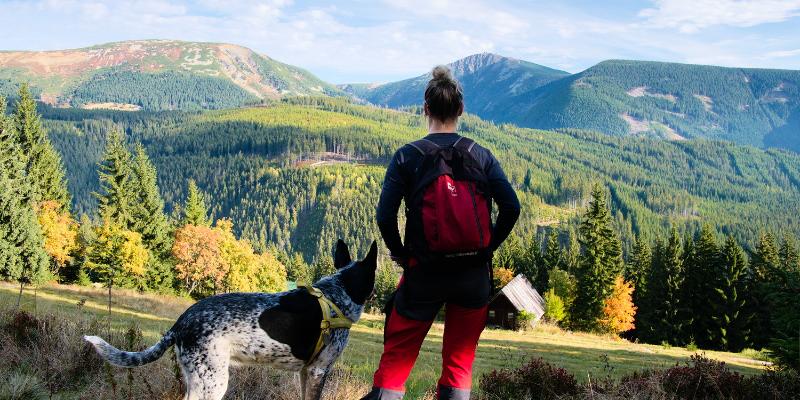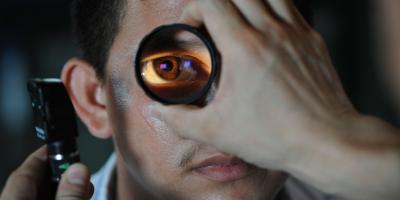We do not need additional insurance when we visit the Polish mountains – Poland is one of the few European countries offering free-of-charge rescue services. But when you travel abroad, you should buy insurance to avoid paying for a potential rescue mission.
Under the Act on the Safety and Rescue in the Mountains and Organised Ski Areas, the missions of mountain rescue services are financed by state and local-government donations, as well as part of the fees collected for entrance to national or landscape parks.
Get insured before going abroad
In Poland, even helicopter transport is free of charge. The case is much different e.g. on in Slovakian part of the mountains.
There, much like in most other European countries, if the victim has an appropriate policy, the costs of the rescue missions are covered by the insurer. If not, he or she has to fork out as much as several thousand euros. This is why it is wise to take advantage of insurance policies for both skiers and mountain hikers.
Ski rescue services
Polish regulations separate mountain rescue services from ski rescue services.
The responsibility for the safety of people present in organised ski areas falls on lift managers, who are obliged to prepare, mark, and secure the area of and devices on the slope.
A ski rescuer must also be present on the slope. The responsibilities of ski rescuers include the reception of accident notifications, providing first aid, evacuation, and transport to the hospital.
A slope manager must keep a register of accidents, which contains information on aided individuals, the type of trauma, and the first and last names of the rescuers. This information must be kept for ten years.
Mountain rescue services
Mountain rescue services can be provided by the Mountain Volunteer Search and Rescue (GOPR), the Tatra Volunteer Search and Rescue (TOPR), as well as other entities, which have acquired the consent of the Minister of Internal Affairs and have adequate authorisations.
The TOPR operates in the Polish Tatra Mountains. The GOPR is divided into several regional groups, each of which provides assistance in different Polish mountains: Beskidy, Pieniny, Bieszczady, Karkonosze, Gorce, and in the Kraków-Częstochowa Upland.
Pursuant to the act, ensuring safety in the mountains include terrain marking and publishing avalanche forecasts. Information on the current avalanche danger level and temperature in the mountains are available at the GOPR and TOPR websites.
Safety rules in the mountains
Rescuers advise to always take a fully charged telephone and enter the mountain emergency number 601 100300 to its contact list.
We should also leave information on our route and planned time of return at our place of stay.
Mountain tourist equipment must include appropriate and comfortable footwear and a backpack, which should contain a cap and gloves, spare socks, rainwear, a medical kit, a flashlight, and matches, regardless of the time of the year.
How to call for help in the mountains?
If we do not have a telephone and there is no one who can go for help, we summon help with the international signal. This may be any optical or acoustic signal repeated six times per minute (every ten seconds), followed by a minute-long pause.
The reply on receiving the signal is a similar signal repeated three times per minute. We should remember that optical signals will not be visible in the forest, and that acoustic signals may be muffled by the trees.









Comments (0)